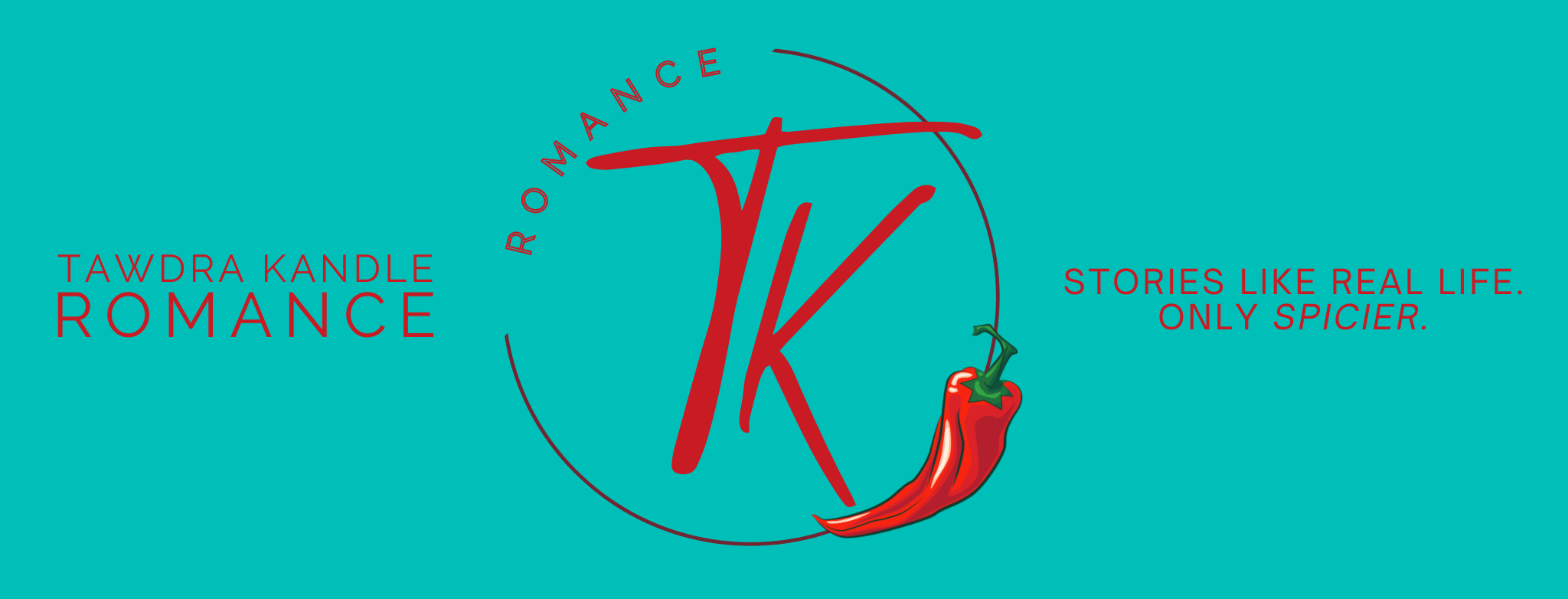 So this is how it works.
So this is how it works.
I finish writing a book. I have about two minutes of absolute euphoria, and then reality hits.
This wonderful story, the one I’ve just dedicated my life to writing, the one that has wrung every emotion from my heart, now must be shared with the world, which means I need to work on the dreaded P word: promotion.
If you ever become exasperated, feeling you’ve seen the same post over and over or perhaps different posts about the same book . . . trust me, we authors feel the same way about promoting. It’s not our favorite part of being an author.
In my perfect world, I’d finish writing my book and then sit down with a group of my favor readers to chat with them about it. We’d get lost in characters and plot lines and so on . . . and at the end of our lovely tea, they’d go out and tell their friends about the book, who would in turn tell their friends . . . well, you get the gist.
Meanwhile, I’d sit back and work on the next book.
Now, though, my chatting takes place on social media. When I post a picture or a link, it’s my only way of telling people when to expect the next book. Live events are lovely and give me a chance to talk to readers in person, but there’s a limit to how many of them I can do. And so the internet it is.
Of course, I’m very lucky that I have my dear Temptresses with whom to speak. They let me go on and on about characters and stories, and I’m grateful. (If you enjoy my books and want to join us on the Temptress group, go here.) If only we could mystically meet up each time I finish a book and talk it out in person! They’re also awesome about sharing and twisting friends’ arms to get them to read my books . . . I adore their enthusiasm. It’s what keeps me writing.
Regardless of the opportunities offered on the web, nothing beats word of mouth when it comes to books. You telling a friend about a story that captivate you is more effective than fifty Facebook ads. Sharing your favorite reads is so important!
Well . . . since it seems no one is going to come bring me tea and chat about Days of You and Me just now, I guess you’ll keep seeing the pictures, the promos and the posts. If you feel spunky, shares are always appreciated, as are posts and tweets and emails . . . whatever does the trick.
That’s part of this author’s life.






